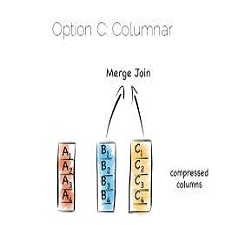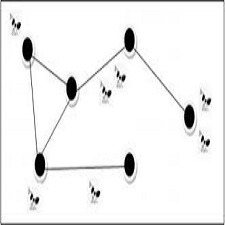توضیحات
چکیده
مالياتها همواره به عنوان يكي از ابزارهاي مهم سياست گذاري مالي با هدف تأمين درآمد، رعايت عدالت اجتماعي و تخصيص مجدد منابع و تثبيت اقتصادي از سوي دولتها به كار گرفته مي شوند. با وجود گسترش نقش دولت در اقتصاد ايران در چند دهه گذشته، نظام مالياتي در ايران نه تنها نتوانسته نقش شايان توجهي در تأمين منابع مالي دولت داشته باشد، بلكه به مرور زمان از توان آن نيز كاسته شده است. از طرف ديگر تأكيد بر افزايش درآمدهاي مالياتي و كاهش تكيه بر درآمد نفت در سالهاي اخير، بررسي امكان گسترش درآمدهاي مالياتي از طريق يافتن منابع جديد را ضروري مي نمايد. معافيت هاي بخشي يكي از انواع معافيتهاي موضوعي است كه دركشور ما سهم عمده يي از ارزش افزوده بخشها را از اصابت مالياتي مصون مي دارد. با ملاحظه ارزش افزوده بخشهاي معاف در توليد ناخالص داخلي، شاهد ميزان قابل توجهي درآمد از دست رفته ناشي از معافيتهاي بخشي مي باشيم. علاوه بر اين معافيتهايي كه قانون برحسب نوع فعاليت در بخشهاي مشمول ماليات قايل گرديده است ميزان درآمد از دست رفته را فزوني مي بخشد. عدم موفقيت در نيل به هدف تخصيص مجدد منابع به كمك معافيتهاي موضوعي از يك سو و ملاحظه سهم معافيتهاي بخشي در توليد ناخالص داخلي (با وجود كسري بودجه) از سوي ديگر، ضرورت بحث اثرات درآمدهاي از دست رفته ناشي از معافيتهاي موضوعي را بيش از پيش روشن مي نمايد. از اين رو گزارش حاضر به بررسي اهميت و وسعت درآمدهاي از دست رفته ناشي از معافيت سود سپرده بانكي طي سالهاي مختلف مي پردازد و اصولااين سؤال را مطرح مي كند كه آيا براي تخصيص مجدد منابع ابزاري دقيق تر و كارآتر از اعطاي معافيتهاي بخشي وجود ندارد و اينكه حذف اين درآمدهاي از دست رفته، هدف تخصيص مجدد منابع را تا چه حدي محقق نموده است. آنچه مسلم است در صورت وصول مبالغ ناشي از معافيتهاي موضوعي، دولت با كسري بودجه كمتري مواجه مي شد و از آنجايي كه كسري بودجه در ايران يكي از عوامل مؤثر در تورم شناخته مي شود تورم نسبتا كمتري در طي سالهاي مذكور تجربه مي نموديم.
ABSTRACT
Taxes have always been used by governments as one of the important tools of fiscal policy making with the aim of generating income, maintaining social justice and reallocating resources and economic stabilization. Despite the expansion of the role of government in the Iranian economy over the past few decades, the tax system in Iran has not only failed to play a significant role in securing the state’s finances, but has also declined over time. On the other hand, the emphasis on increasing tax revenues and decreasing reliance on oil revenues in recent years necessitates an examination of the possibility of expanding tax revenues by finding new sources. Sectional exemptions are one of the types of subject exemptions in our country that make a large part of the value added of the sectors immune from taxation. Considering the value added of the exempt sectors in GDP, we see a significant amount of lost revenue from sectoral exemptions. In addition, the exemptions provided by the law in terms of the type of activity in the taxable sectors increase the amount of lost income. Failure to achieve the goal of reallocating resources by subjective exemptions on the one hand, and considering the share of partial exemptions in GDP (despite budget deficits) on the other hand, further underscores the need to discuss the effects of lost income from subjective exemptions. Turns on. Therefore, the present report examines the significance and extent of lost earnings from bank deposit earnings exemptions over different years and primarily questions whether there is no more accurate and efficient tool for reallocation of partial exemptions. To what extent has the elimination of these lost revenues accomplished the purpose of reallocating resources? What is certain is that the government would be faced with a lower budget deficit if it received the exemptions, and since the budget deficit in Iran is considered to be one of the contributing factors to inflation, we would experience relatively less inflation during these years.
Year: ۲۰۱۲
Source : ۰
By : ۰
File Information: persian Language/ 41 Page / size: 408 KB
سال : ۱۳۹۱
منبع : ۰
کاری از : ۰
اطلاعات فایل : زبان فارسی / 41 صفحه / حجم : 408 KB









نقد و بررسیها
هنوز بررسیای ثبت نشده است.